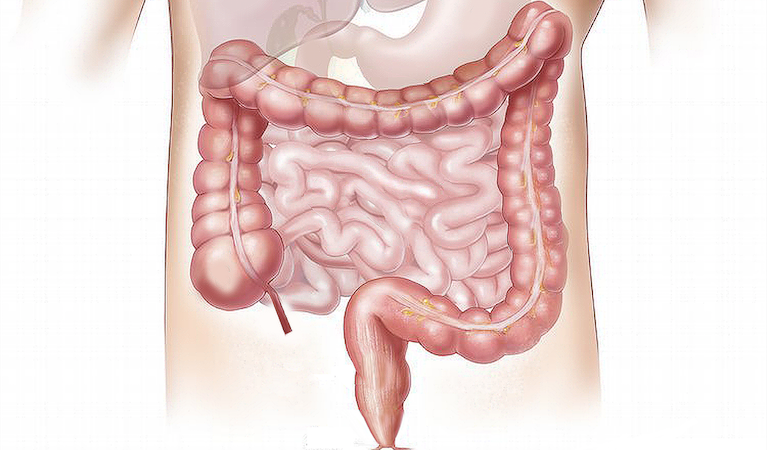The digestive system basically made out of three parts: the stomach, the large intestine and the small intestine. And the digestive system has two primary purposes. First, healthy digestion processes food so that the important nutrients enter bloodstream and nourish the body. At the same time the digestive system filters out toxins and irritants and prevents them from being absorbed into the blood. A leaky gut however allows certain not fully digested foods and toxins to enter the blood stream. To the degree that the leaky gut is leaky. So there is not our black and white concept of leaky gut rather then a lot of gray with many degrees of leaky gut. Some experts our convinced that each of us has a leaky gut to some degree. That means decreasing the degree off leaky gut is the primary objective from a practical standpoint.
To understand leaky gut one must understand their anatomy of the small intestine which is where their primary work of the digestion takes place. In the small intestine food is broken down into molecules that will either continue through the digestive tract to be eliminated from the body or pass through the lining of the small intestine into the blood stream. The epithelial lining of the intestine is only one cell thick. It functions like a cheesecloth. Only small molecules are supposed to get through into the bloodstream. One of the reasons that the small intestine is over 6m long is there some foods are more difficult to digests into particles small enough to fit through the cheesecloth. When the cheesecloth gets torn due to stressors such as food intolerances, biotoxins like Candida, toxins like heavy metals or the stress hormone Cortisol then larger molecules called macromolecules can get through their cheesecloth and into the bloodstream before they have been completely broken down into the raw materials we need to rebuild our bodies.
When there macromolecules leak into the bloodstream the immune system reacts as it does not recognize these larger chunks of food. The immune system then makes antibodies to these macromolecules. Basically the immune system starts to fight them. Which also initiates the so-called concept of molecular mimicry. Basically the blood stream becomes a river of toxicity and inflammation. The immune system is basically just trying to protect the body from the toxic macromolecules that leak into the bloodstream to almost before they are fully digested. The immune system again as an effort to protect you creates collateral damage via attacking the bodies on cells via a low grade autoimmune response. This damage happens wherever your weak link is - for some its the gut, for some the joints, for some the skin, for some the brain and so on.
So when you are constantly eating foods that you can not digestive properly you increase their inflammation in your intestines which will also reduce their beneficial bacteria in your intestines and will facilitate the growth of bad bacteria and yeast. This environment of an imbalanced gut flora is called dysbiosis. Which is one of the primary facilitators of chronic inflammation.
And this is very important in the context of performance and training. As recovery from training is primarily managing the inflammatory response created by training. This is especially important for strength training because strength training creates highest amount of inflammatory response in relation to the training volume compared to all other types of training. So it is not only important to manage the leaky gut and the inflammation it creates for general health and overall well-being it is also crucial to manage inflammation to improve recovery from training. Therefore to lower the degree of the leaky gut is important to maximize physical and cognitive performance for overall sports performance and in daily life.
All the Best improving the leaky gut to improve performance!
For more info on the leaky gut and how to improve it, visit the YPSI Functional Nutrition Seminar on Autoimmunity & Gluten Sensitivity with Dr. Tom O'Bryan on September 15th/16th this year at the YPSI in Stuttgart.
Picture: The digestive tract.

